The Vietnam Blockchain Association (VBA) introduced the “AI Legal Lookup” application and signed a Memorandum of Understanding (MOU) with Ho Chi Minh City University of Law, aiming to collaborate on organizing training programs and applying Blockchain and AI technology for students and faculty.
On June 18, 2024, the Vietnam Blockchain Association (VBA), in collaboration with the Academic of Blockchain and Artificial Intelligence Innovation (ABAII), organized the panel discussion “AI & Blockchain Applications in the Legal Sector” for the university’s faculty and students, and signed the MOU to promote Blockchain and AI education and training.
In his opening remarks, Dr. Le Truong Son, Rector of Ho Chi Minh City University of Law, shared: “The integration of technology and law is a significant step that the university hopes to strongly promote in collaboration with the Vietnam Blockchain Association starting now. To realize this goal, we will develop a curriculum aimed at AI and Blockchain technology in particular, and other technologies in general, to teach students, ensuring a high-quality output for Vietnam’s young workforce.”
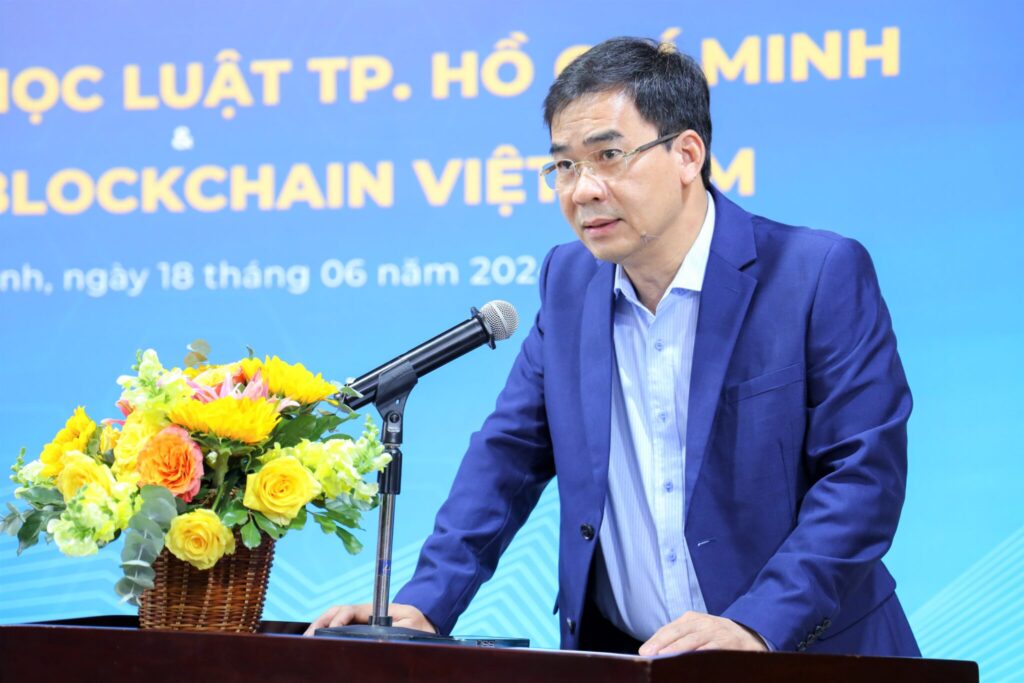
On behalf of the Vietnam Blockchain Association, Mr. Phan Duc Trung, Standing Vice Chairman, signed the MOU with Ho Chi Minh City University of Law to strengthen bilateral cooperation. The agreement focuses on jointly organizing training programs for faculty and students, conducting scientific research, and transferring technology applications between the two parties. It also aims to enhance the quality of training in Blockchain and AI-related skills, issue technology certificates, organize online Blockchain and AI courses, and provide high-quality human resources.
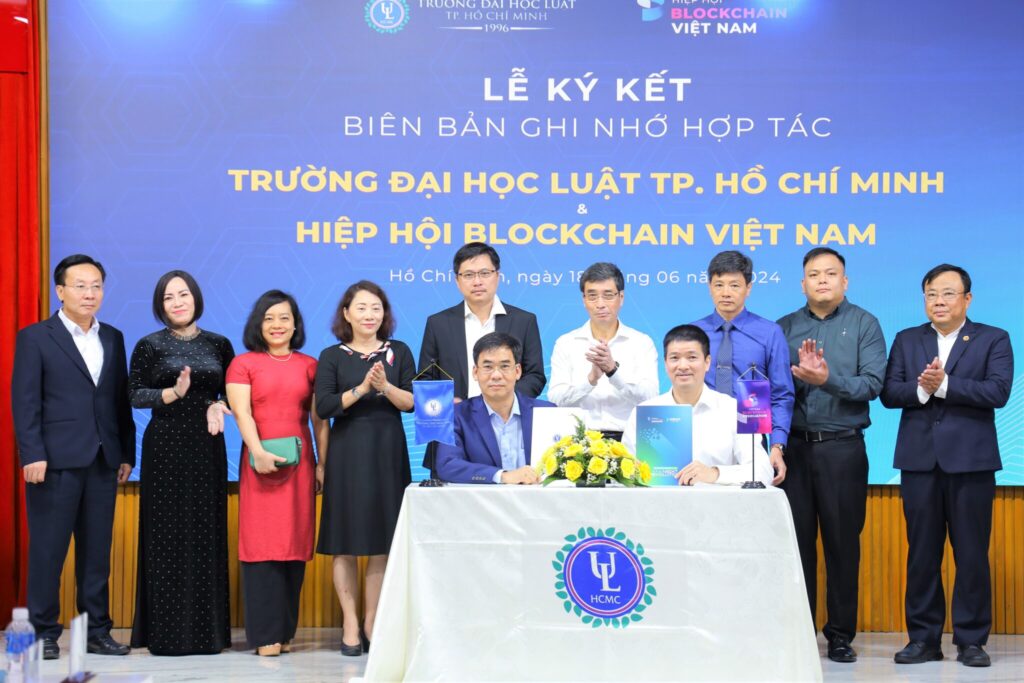
At the signing ceremony, VBA and the ABAII Institute introduced the “AI Legal Lookup” application, a new tool developed by the ABAII Institute and offering 30 scholarships in Blockchain, AI, and Fintech on an online platform for students and faculty of Ho Chi Minh City University of Law.
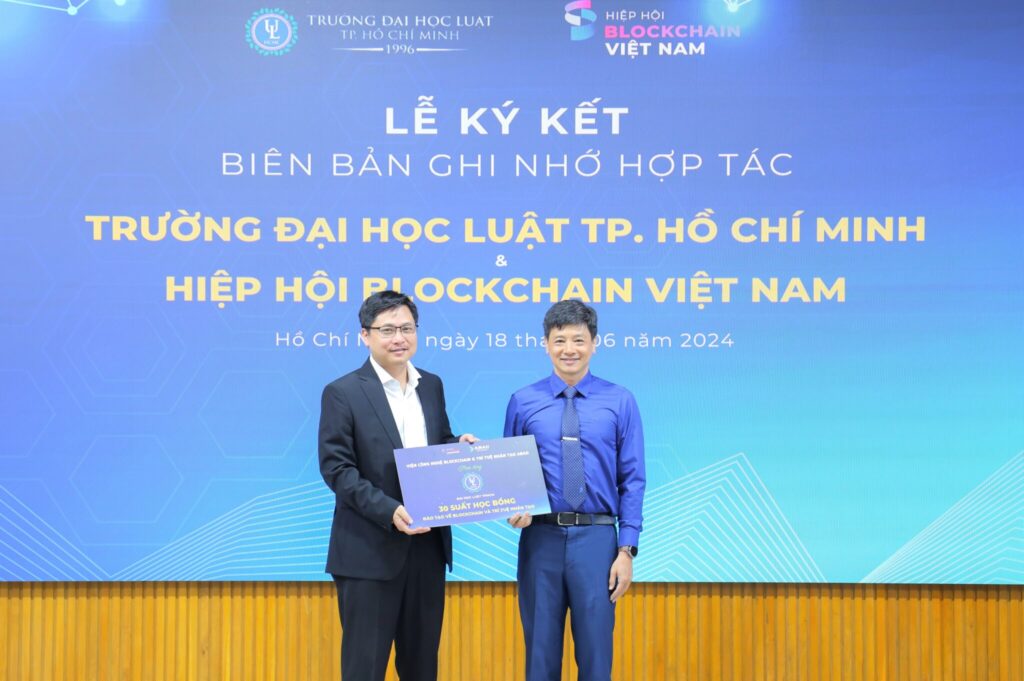
“AI Legal Lookup” is a personal AI legal assistant for everyone, completely free, combining artificial intelligence (AI) with big data analysis to help users quickly and accurately find legal information.
“‘AI Legal Lookup’ is part of our efforts to popularize legal knowledge, Blockchain, and AI, which the VBA and the ABAII Institute have set out to improve the quality of human resources and increase work efficiency for businesses. We hope that students, lecturers, lawyers, legal professionals, and the wider community will use ‘AI Legal Lookup’ and provide feedback to further refine and enhance the application for broader and more accurate use,” emphasized Mr. Phan Duc Trung
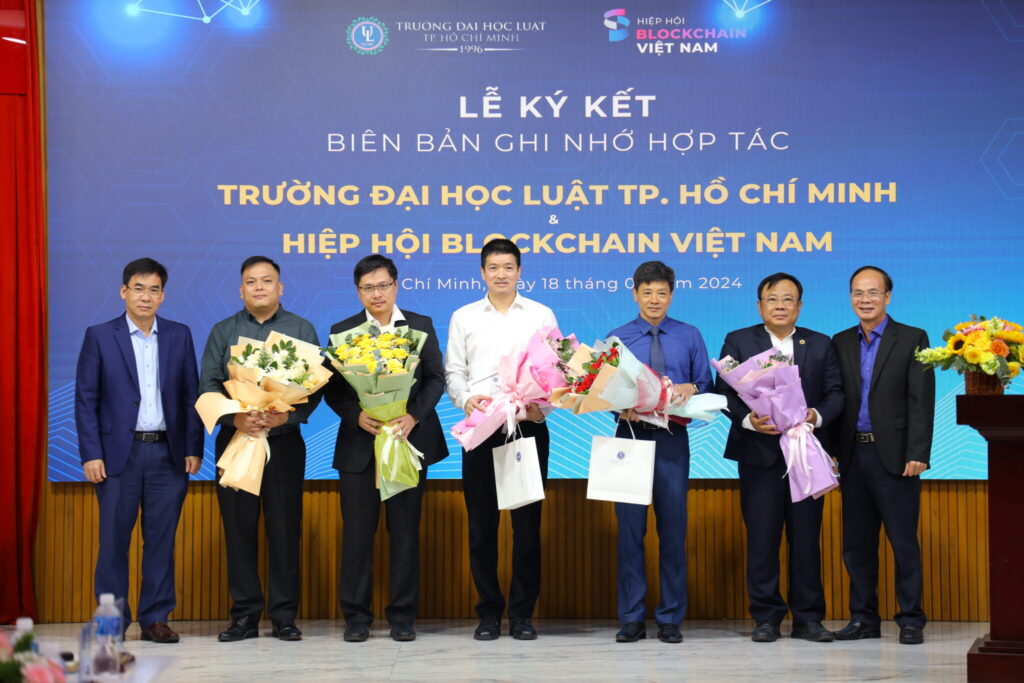
Mr. Hang Minh Loi, Director of the AI Innovation Center (AIIC) under the ABAII Institute, guided students in directly experiencing the “AI Legal Lookup” application, followed by searching, cross-referencing, and analyzing the quality of AI-generated answers. Additionally, to optimize search results, Mr. Loi shared the advantages, limitations, and how to create effective commands for the tool, assisting students as personal learning assistants.
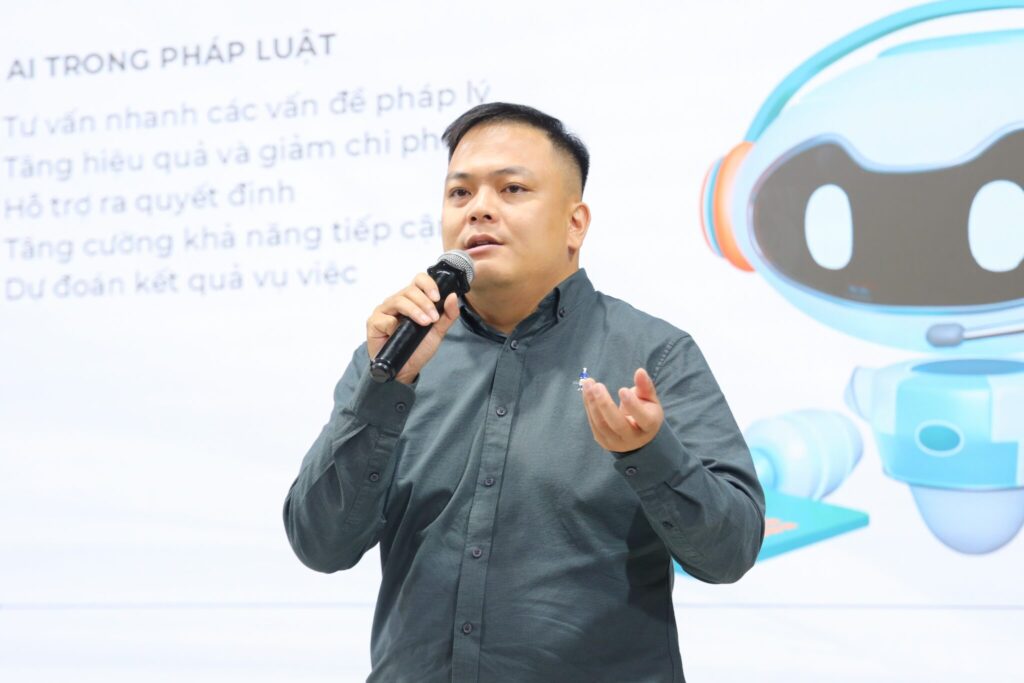
At the event, leading experts in legal and technology fields, including Mr. Phan Duc Trung (Standing Vice Chairman of the Vietnam Blockchain Association), Mr. Dao Trung Thanh (Deputy Director of the ABAII Institute), Lawyer Nguyen Tri Thang (Director of Nam Ha & Associates Law Firm), and Associate Professor Dr. Tran Viet Dung (Vice Rector of Ho Chi Minh City University of Law), had an open and candid discussion on the application of blockchain and AI technology in the legal sector, as well as legal and ethical issues that are currently of great concern to the community.
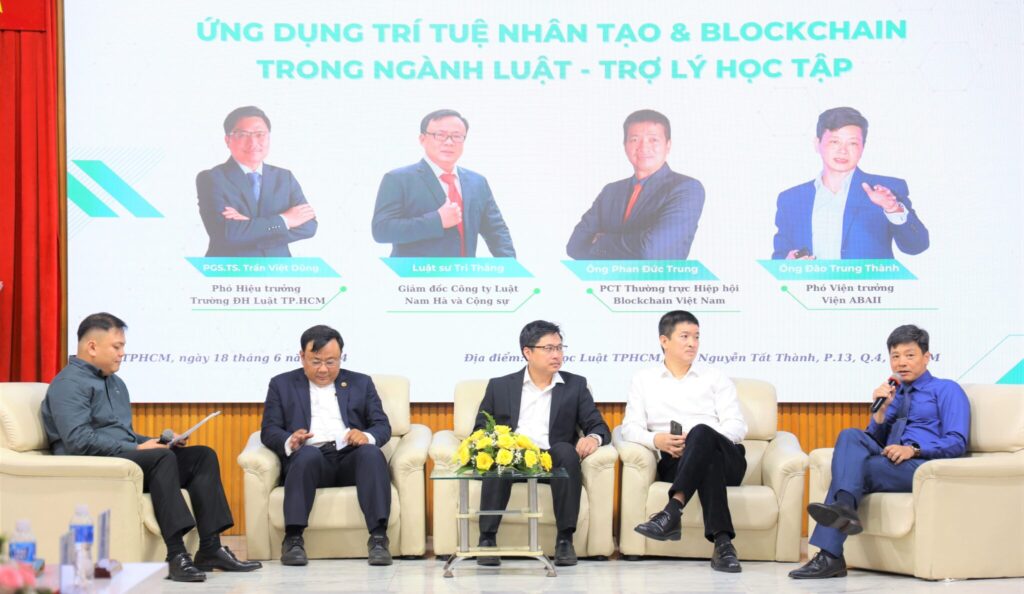
One issue that garnered much attention from students, who raised questions to the speakers, was: How will the career prospects for lawyers and legal professionals change in the era of Blockchain and AI? Will AI replace humans, specifically lawyers and legal experts?
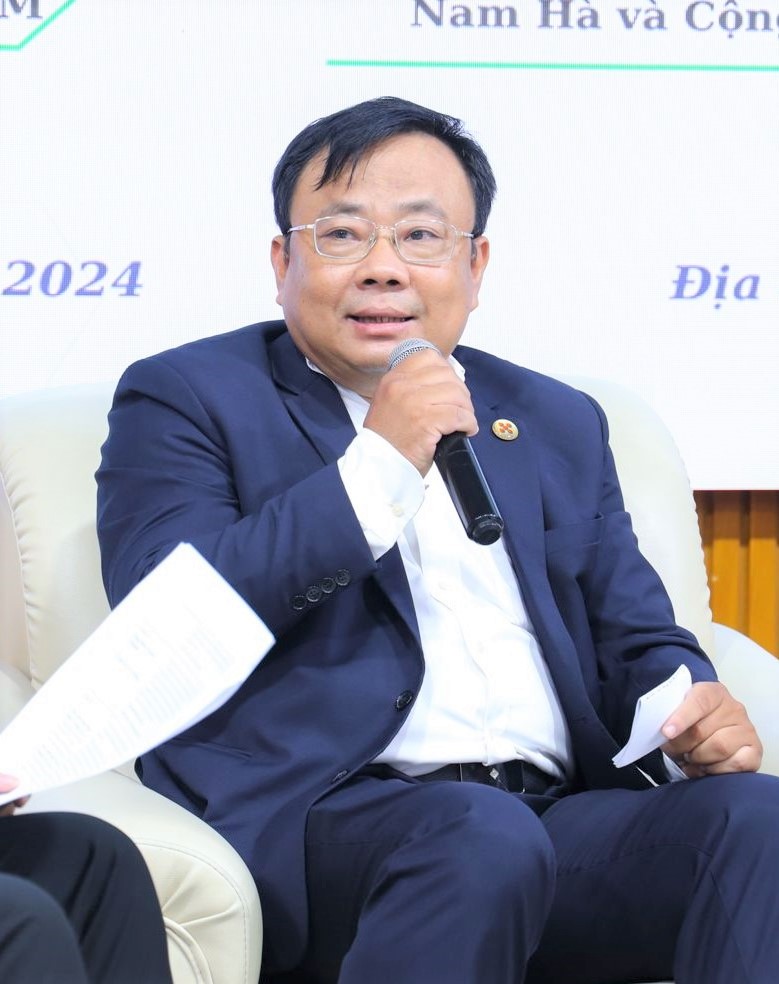
Addressing this concern, Lawyer Nguyen Tri Thang explained that AI significantly supports legal professionals by enhancing productivity, accuracy, and work speed. Stanford University experimented with the legal AI tool LawGeex, where the AI was tested alongside 20 experienced lawyers in reviewing legal contracts. The results showed that the lawyers achieved an accuracy rate of 85% and took an average of 92 minutes, while AI reached 95% accuracy and completed the task in just 26 seconds.
However, Lawyer Thang also expressed concern, noting that “although AI cannot fully replace humans or lawyers and legal experts, its development does bring certain challenges, such as increasing competition and adding pressure on legal professionals.”
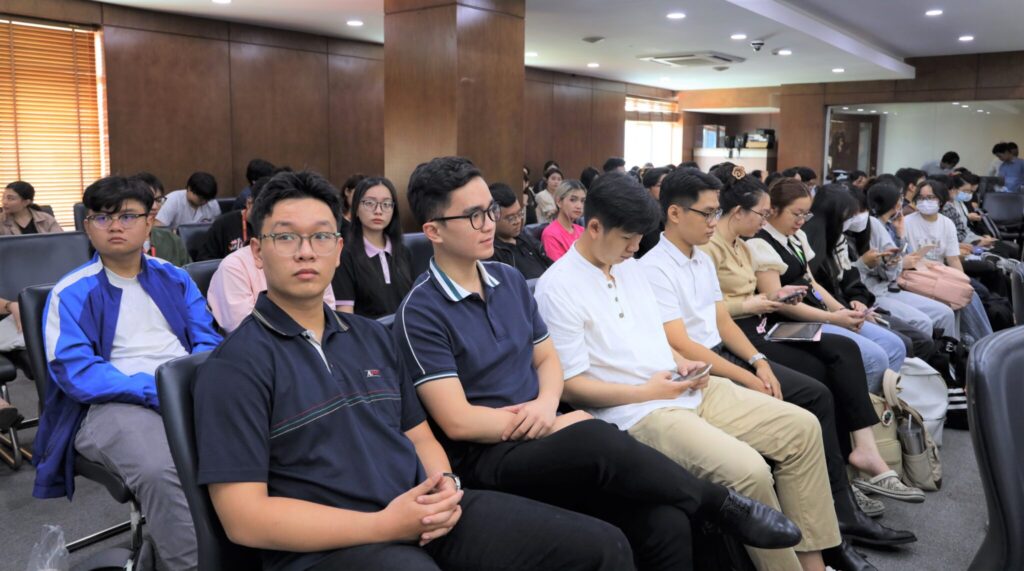
Sharing the same viewpoint, Mr. Dao Trung Thanh, Deputy Director of the ABAII Institute, emphasized that AI must be accompanied by data security plans and information verification, particularly in a field requiring high accuracy like law. The process of training AI and labeling knowledge for AI to provide accurate responses will require significant effort from developers and the involvement of the wider community, as AI’s foundation is the vast amount of data provided by the community itself.
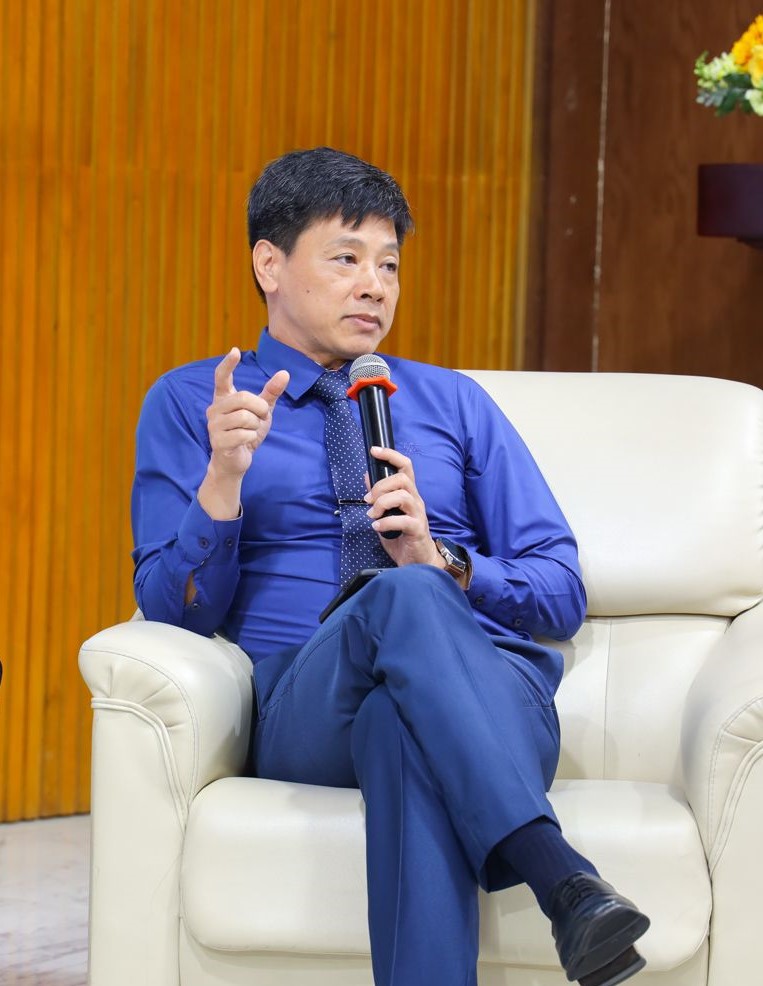
“Additionally, there are ethical concerns in the use of AI that individuals and organizations aiming to use these tools regularly must be mindful of, as the line between using and misusing AI is extremely thin,” Mr. Thanh emphasized.
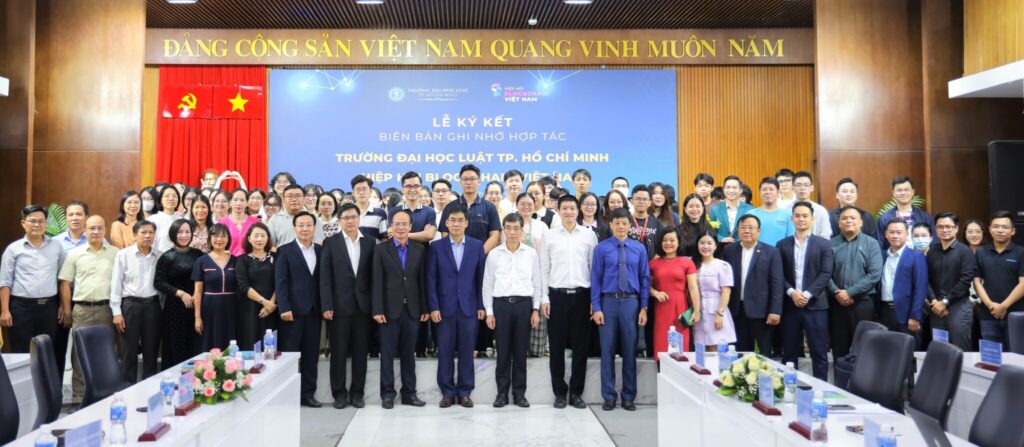
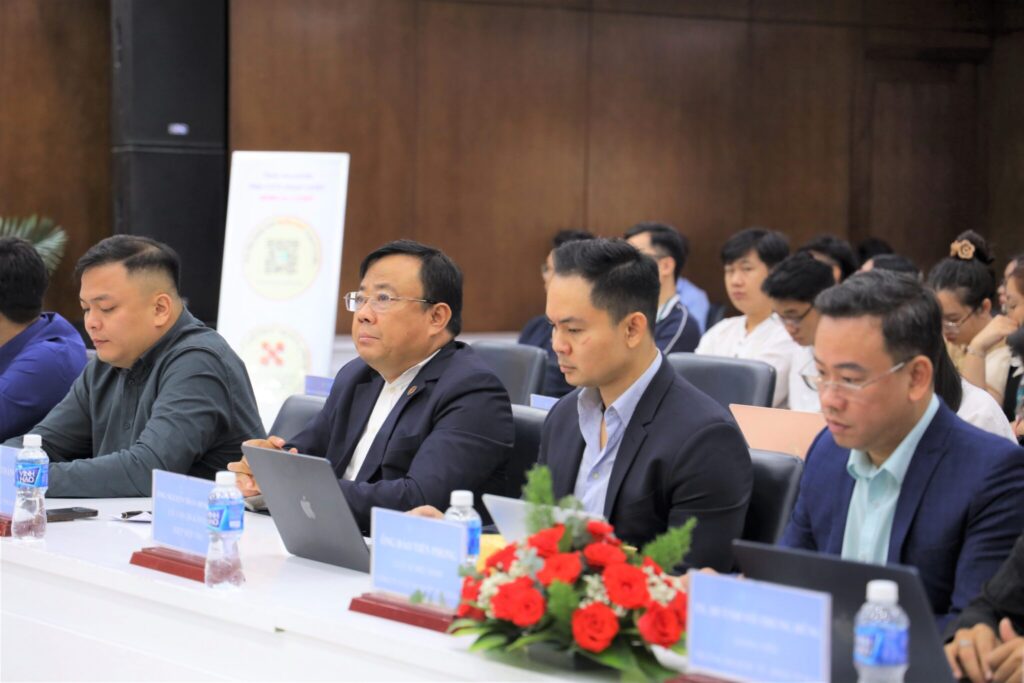
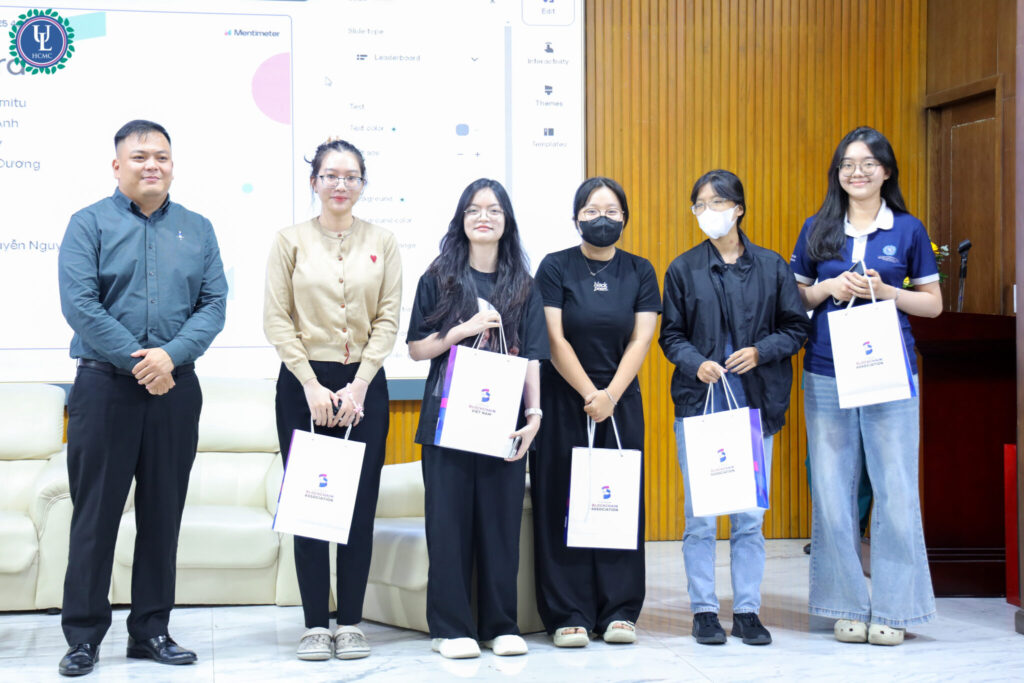
Before the event at Ho Chi Minh City University of Law, from March to May 2024, the Vietnam Blockchain Association and the Academy of Blockchain and AI Innovation (ABAII) successfully organized six Unitour programs, with each event hosting 300-500 students across six universities in three regions of the country. These universities included: Ho Chi Minh City University of Technology (HUTECH), University of Economics Ho Chi Minh City (UEH), Da Nang University of Architecture (DAU), Banking Academy (BA), Posts and Telecommunications Institute of Technology (PTIT), and FPT University Can Tho (FPT).
Each program had a distinct theme, tailored to the specific needs and strengths of each university, such as: exploring the potential of AI and Blockchain in the digital economy and finance, applying Blockchain and AI in banking data analysis, and opportunities and challenges surrounding advancements in AI and Blockchain.
